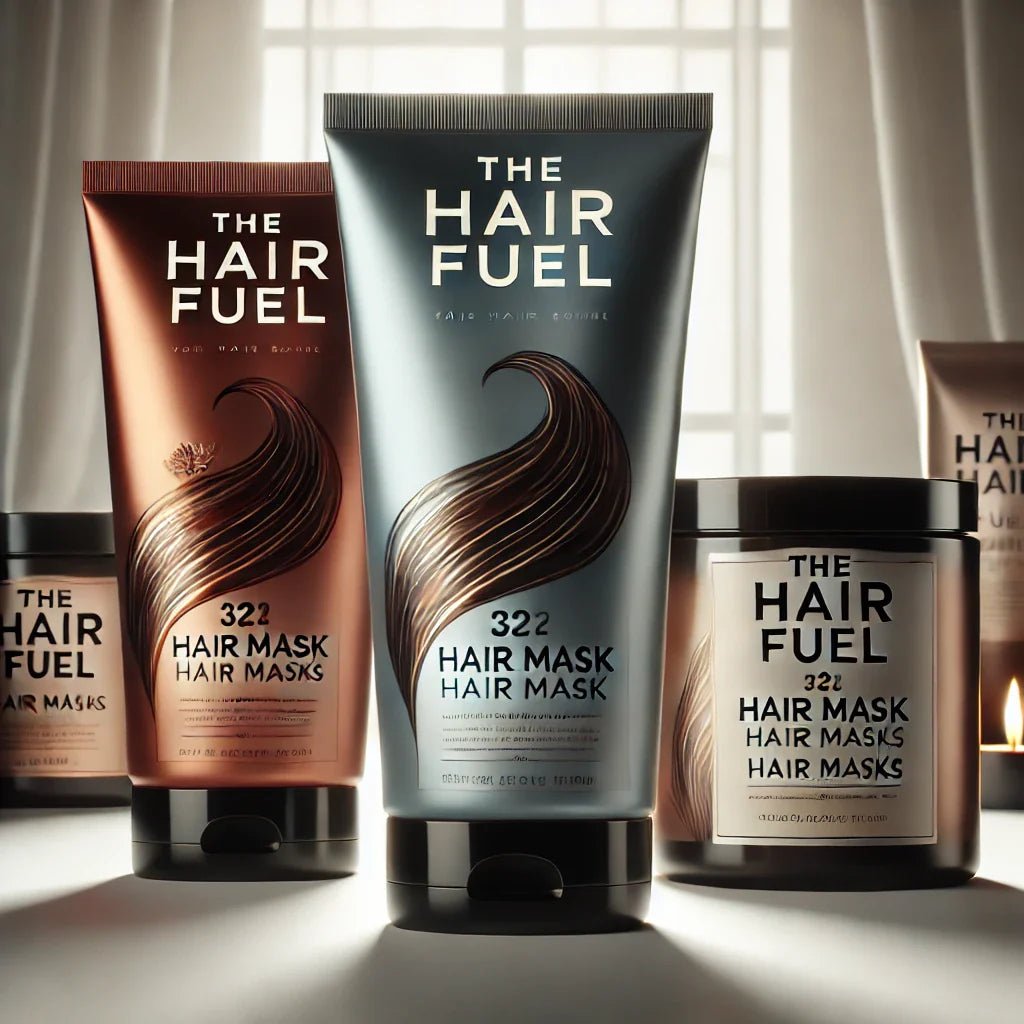When we think of hair growth, many factors like diet and genetics come to mind. But sleep? It’s often overlooked. However, sleep plays a crucial role in the health of your hair. Your body, including your hair follicles, undergoes restorative processes during deep sleep, which can support hair growth. But does better sleep directly lead to thicker, healthier hair? Let’s explore the connection between sleep and your luscious locks.

The Science Behind Sleep and Hair Growth
Sleep is when your body gets a chance to rest and repair itself. It’s also when important growth processes happen, including the regeneration of hair cells. Studies show that during non-REM sleep (the deep stages of sleep), your body produces growth hormones that play a vital role in cell reproduction and repair. These hormones help to keep your hair follicles in the active growth phase, known as the anagen phase, for longer periods.
Lack of sleep disrupts the production of these hormones, leading to shorter anagen phases and increased hair shedding.
A 2019 study in the Journal of Clinical Sleep Medicine revealed that chronic sleep deprivation elevates cortisol levels, the stress hormone, which has been linked to hair thinning and loss. So, getting a good night’s sleep isn’t just about feeling refreshed—it’s about keeping your hair healthy, too.
How Poor Sleep Affects Hair Health
Missing out on sleep isn’t just bad for your mood; it’s also bad for your hair. Inadequate sleep can have various negative effects on your body, including your scalp. When you don’t sleep well, your body goes into stress mode, raising cortisol levels. This stress can disrupt the normal hair growth cycle and push more hairs into the shedding phase (telogen), which leads to visible thinning.
Sleep deprivation also weakens the immune system, which can reduce your body’s ability to fight off scalp conditions like dandruff and folliculitis. Over time, this can further damage the hair follicles, making it harder for new hair to grow.
Cortisol, the hormone that your body releases during times of stress, is often elevated in people who are sleep-deprived. When cortisol levels are high for prolonged periods, it interferes with the normal function of hair follicles. This can cause a condition known as telogen effluvium, a type of temporary hair loss that occurs after stress, illness, or trauma. The result? Hair that falls out faster than it can grow back.
How to Get More Deep Sleep for Hair Growth
Deep sleep, also known as slow-wave sleep, is the most restorative phase of the sleep cycle. It’s during this time that the body focuses on recovery, including hair follicle repair and growth. To maximize deep sleep, follow these practical tips:
- Stick to a consistent sleep schedule: Going to bed and waking up at the same time every day helps regulate your body's internal clock, making it easier to fall asleep quickly and experience deep sleep.
- Create a relaxing bedtime routine: Engage in calming activities before bed, such as reading, taking a warm bath, or practicing deep breathing exercises. These routines signal to your body that it's time to wind down, helping you fall asleep faster.
- Limit exposure to screens and bright lights: Blue light from phones, tablets, and computers can interfere with your body's production of melatonin, a hormone that regulates sleep. Try to avoid screens at least an hour before bedtime to encourage better deep sleep.
- Ensure a comfortable sleeping environment: Make your bedroom as sleep friendly as possible. A cool, quiet, and dark room helps you fall asleep faster and stay asleep longer, leading to improved deep sleep.
- Watch what you eat and drink: Avoid large meals, caffeine, and alcohol before bed. These can disrupt your ability to fall asleep or stay in deep sleep, reducing the restorative benefits.
We all dream of waking up with hair as magical as Sleeping Beauty's, but the real secret lies in the quality of our sleep, not a fairy spell. By giving yourself the gift of deep rest each night, you're not just recharging your body—you’re also giving your hair a chance to shine. So, here’s to restful nights and waking up with hair worthy of your own fairytale ending! Sweet dreams and even sweeter hair days ahead. So next time you hear someone say, "Get your beauty sleep," remember—your hair will thank you for it.




